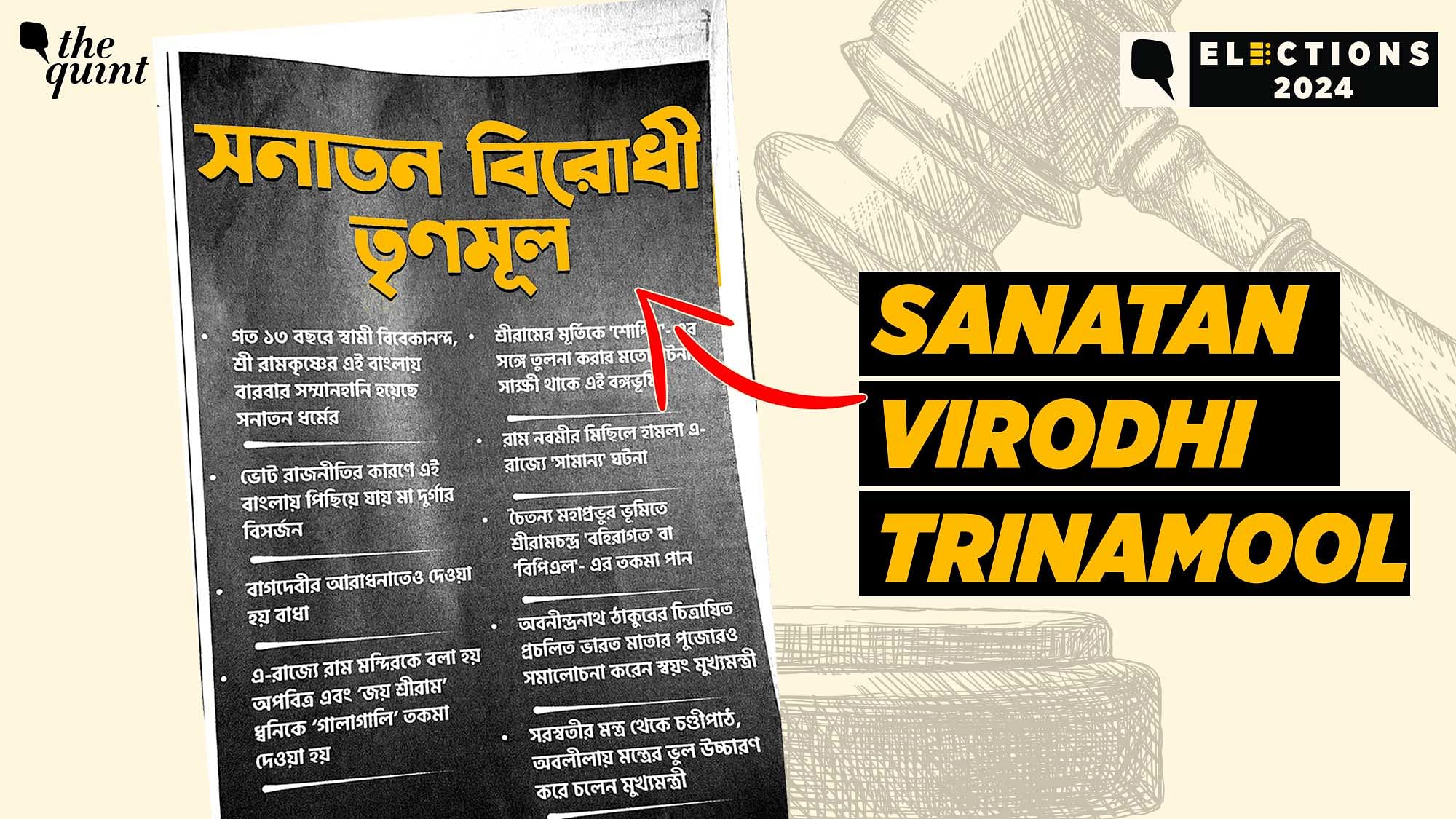Student migration from Kerala to overseas destinations is not a new trend considering the migration history of the State. But the new wave of migration reveals that a significant proportion of the students who recently migrated to countries such as the U.K., Canada, Germany, the U.S., and Australia—the most preferred destinations of students— for higher studies have scored less than 75% marks for degree or secondary-level education.
Further, there is a two-fold rise in the number of girl students from the State pursuing overseas higher studies compared to a previous survey held before the pandemic. A survey on “Youth Student Migration from Kerala,” conducted in 2023 as part of the Centre for Public Policy Research’s (CPPR) Youth Leadership Fellowship, among 104 students who recently migrated to various countries, revealed that 38% of students have scored only marks in the range of 50%–75% in their graduation or secondary level. Around 45% of students have scored marks in the range of 76%–90% while the remaining 16% have scored above 91% marks.
32% girl students
The 2018 Kerala Migration Survey reported women’s participation in migration at 15.8%. In the latest survey, female students represented 32% of the total respondents. Further, a travel agency in Kochi facilitated visas for 7,236 students heading for Canada in a single intake in July 2023. Of these, around 45% were female students, indicating that there has been a big leap in women from Kerala pursuing overseas education, the study noted.
It was also found that financial barriers are not a significant constraint for the students to pursue overseas education, chiefly due to the availability of education loans and the support provided by the travel agencies to facilitate migration. For instance, among the respondents, close to 60% of the students come from families with annual earning less than ₹5 lakh, followed by 24% from families with annual income between ₹5 and ₹10 lakh and 11% with income of ₹10–₹15 lakh. Only 6% of the respondents hail from families with an annual income above ₹15 lakh.
Permanent residency
Interestingly, students from affluent backgrounds are less likely to seek permanent residency (PR) in host countries compared to their counterparts with modest backgrounds. Among students from families with an annual income below ₹10 lakh, 16% have decided against applying for PR. In contrast, within the higher income bracket of above ₹10 lakh, 35% have opted not to apply for PR.
Another key insight from the survey was that the migration is purely driven by the industry itself. In short, the complex interplay of academic ambitions intertwined with socio-economic aspirations paint a vivid picture of the multifaceted expectations of student migration from Kerala, said Cyril Sebastian P. who coordinated the survey.

 5 months ago
77
5 months ago
77


